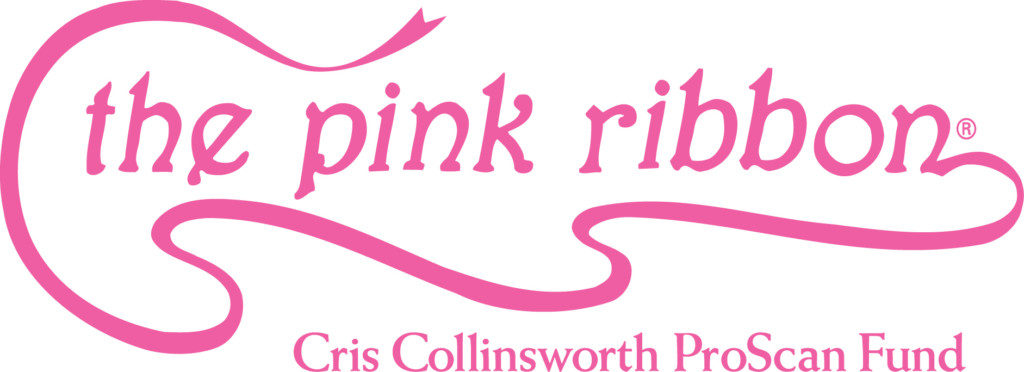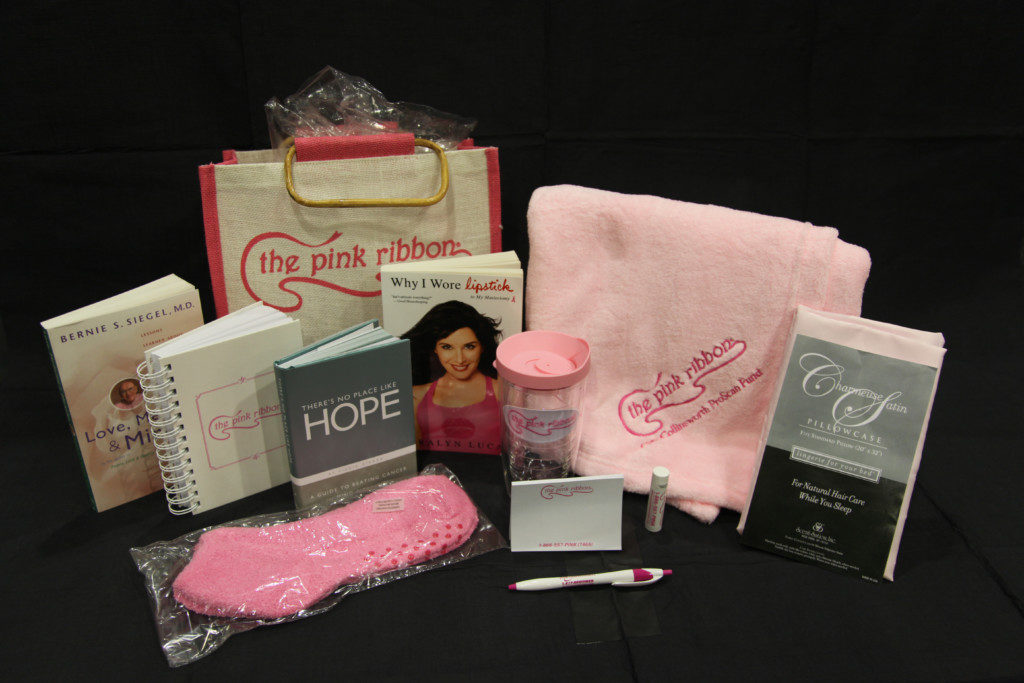 Young moms wear a lot of hats – but “breast cancer patient” shouldn’t be one of them. Unfortunately, Micky, 31-year-old wife and mother of two, put on her “breast cancer patient” hat just weeks before Christmas. Micky has a 2-year-old son and an 8-month-old daughter. As you can imagine, breast cancer came as quite a shock to this young pediatric eye specialist, but her positive spirit is getting her through.
Young moms wear a lot of hats – but “breast cancer patient” shouldn’t be one of them. Unfortunately, Micky, 31-year-old wife and mother of two, put on her “breast cancer patient” hat just weeks before Christmas. Micky has a 2-year-old son and an 8-month-old daughter. As you can imagine, breast cancer came as quite a shock to this young pediatric eye specialist, but her positive spirit is getting her through.
There is no way to keep yourself from getting breast cancer, but it is curable if it is caught early.
In order to catch breast cancer early, you should be proactive starting now.
More than 1,000 women under age 40 and 4,700 women under age 50 died from breast cancer in 2015, according to the American Cancer Society. Almost everyone knows someone with breast cancer, the second leading cause of cancer death in women. But do you know how to protect yourself?
 Every female who has experienced puberty, even your teenage daughter, should do a breast self-exam every month. If you have teenage daughters, they should be doing this too. The earlier you become familiar with your body, the more likely you are to know if something has changed. If you feel something, have it checked. Most women, especially young women like Micky, who are too young to get regular mammograms find their breast cancers on their own.
Every female who has experienced puberty, even your teenage daughter, should do a breast self-exam every month. If you have teenage daughters, they should be doing this too. The earlier you become familiar with your body, the more likely you are to know if something has changed. If you feel something, have it checked. Most women, especially young women like Micky, who are too young to get regular mammograms find their breast cancers on their own.
If you have a family history of breast cancer, you should ask your doctor about beginning breast cancer screenings at an earlier age. Educate yourself. It is important to know your risk factors.
Many women do not consider a screening until age 40, but all women should get a baseline screening mammogram at age 35.
Most insurance plans will cover one mammogram between age 35-40 and then every year after you turn 40. By getting your mammogram at the Cris Collinsworth ProScan Fund’s Pink Ribbon Centers, you are helping to support the Pink Ribbon Programs. The American College of Radiology suggests that if a woman wants to reduce her risk of dying of breast cancer, she should get a mammogram every year beginning at age 40.
Read the entire letter you receive after your mammogram.
[box style=”rounded” border=”full”]Read the letter you receive after your mammogram. For all patients who get their mammogram in Ohio, Kentucky, or Indiana the states require your provider to inform you if you have dense breasts. If you have dense breasts, your mammogram may be more difficult to read, and you should talk to your doctor about additional screening options such as breast MRI.[/box]
To continue to fulfill CCPF’s mission of early detection, CCPF has developed a NEW enhanced Pink Ribbon Breast MRI Program to provide financial assistance for patients who have dense breasts as determined by their mammogram and would benefit from a Breast MRI. Patients who meet all of the requirements and are at or below 400% of the current federal poverty guidelines will be eligible for funding.

Micky’s story is a striking reminder that breast cancer can affect anyone. “I could not believe something like this could happen to me!” she says on her website. “I’ve always considered myself to be physically fit. I love to work out and eat healthy.”
You can learn more about Micky’s journey by visiting her YouTube Page. Let her incredible strength inspire you to be your own advocate. Being proactive is the best way to catch breast cancer early.
Visit www.ccpf.org for more information on the support available for newly diagnosed patients or for information on getting a mammogram and/or Breast MRI.
Schedule your appointment today!













